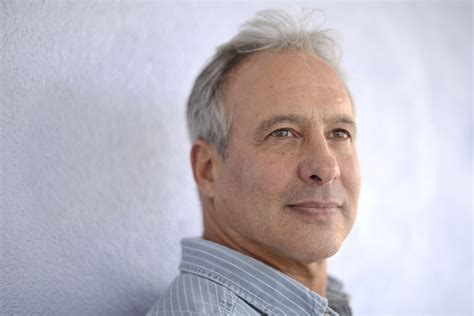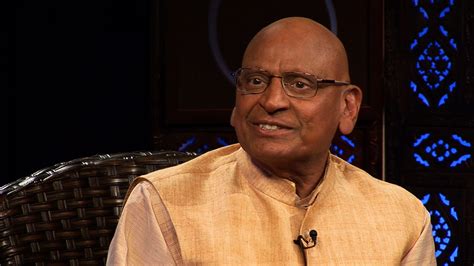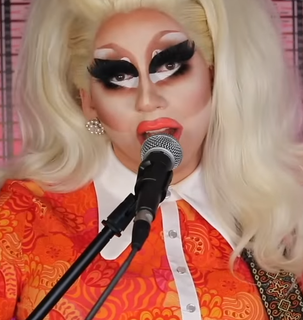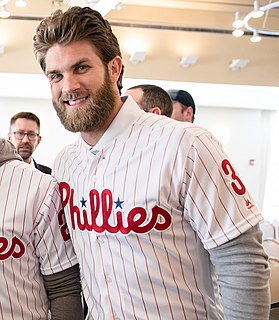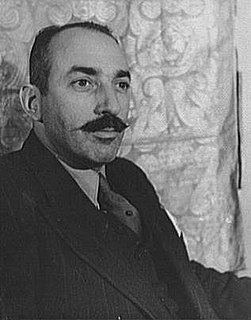A Quote by Peter Heller
I don't know if we will really have a doomsday for human beings, but if we did, to me, it wouldn't be an unjust outcome, given how many species we're taking with us every year.
Related Quotes
If we human beings rely only on material development, we can’t be sure of a positive outcome. Employing technology motivated by anger and hatred is likely to be destructive. It will only be beneficial if we seek the welfare of all beings. Human beings are the only species with the potential to destroy the world. Because of the risks of unrestrained desire and greed we need to cultivate contentment and simplicity.
I went to a heavy metal concert. The singer yelled out, "How many of you people feel like human beings tonight?" And then he said, "How many of you feel like animals?" The thing is, everyone cheered after the animals part, but I cheered after the human beings part because I did not know there was a second part to the question.
Researchers keep identifying new species, but they have no idea about the life cycle of a given species or its other hosts. They cut open an animal and find a new species. Where did it come from? What effect does it have on its host? What is its next host? They don't know and they don't have time to find out, because there are too many other species waiting to be discovered and described.
Artists use frauds to make human beings seem more wonderful than they really are. Dancers show us human beings who move much more gracefully than human beings really move. Films and books and plays show us people talking much more entertainingly than people really talk, make paltry human enterprises seem important. Singers and musicians show us human beings making sounds far more lovely than human beings really make. Architects give us temples in which something marvelous is obviously going on. Actually, practically nothing is going on.
A true soldier does not argue as he marches, how success is going to be ultimately achieved. But he is confident that if he only plays his humble part well, somehow or other the battle will be won. In is that spirit that every one of us should act. It is not given to us to know the future. But it is given to everyone of us to know how to do our own part well.
The full thing is God-given. I don't know how I got my swing or what I did. I know I worked every single day. I know I did as much as I could with my dad. But I never really looked at anything mechanical. There was nothing really like, 'Oh, put your hands here.' It was, 'Where are you comfortable? You're comfortable here; hit from there.'
A person is a person through other persons. None of us comes into the world fully formed. We would not know how to think, or walk, or speak, or behave as human beings unless we learned it from other human beings. We need other human beings in order to be human. I am because other people are. A person is entitled to a stable community life, and the first of these communities is the family.
If we human beings learn to see the intricacies that bind one part of a natural system to another and then to us, we will no longer argue about the importance of wilderness protection, or over the question of saving endangered species, or how human communities must base their economic futures - not on short-term exploitation - but on long-term, sustainable development.
Every life is inexplicable, I kept telling myself. No matter how many facts are told, no matter how many details are given, the essential thing resists telling. To say that so and so was born here and went there, that he did this and did that, that he married this woman and had these children, that he lived, that he died, that he left behind these books or this battle or that bridge – none of that tells us very much.
Everything we know has its origin in questions. Questions, we might say, are the principal intellectual instruments available to human beings. Then how is it possible that no more than one in one hundred students has ever been exposed to an extended and systematic study of the art and science of question-asking? How come Alan Bloom did not mention this, or E. D. Hirsh, Jr., or so many others who have written books on how to improve our schools? Did they simply fail to notice that the principal intellectual instrument available to human beings is not examined in school?
